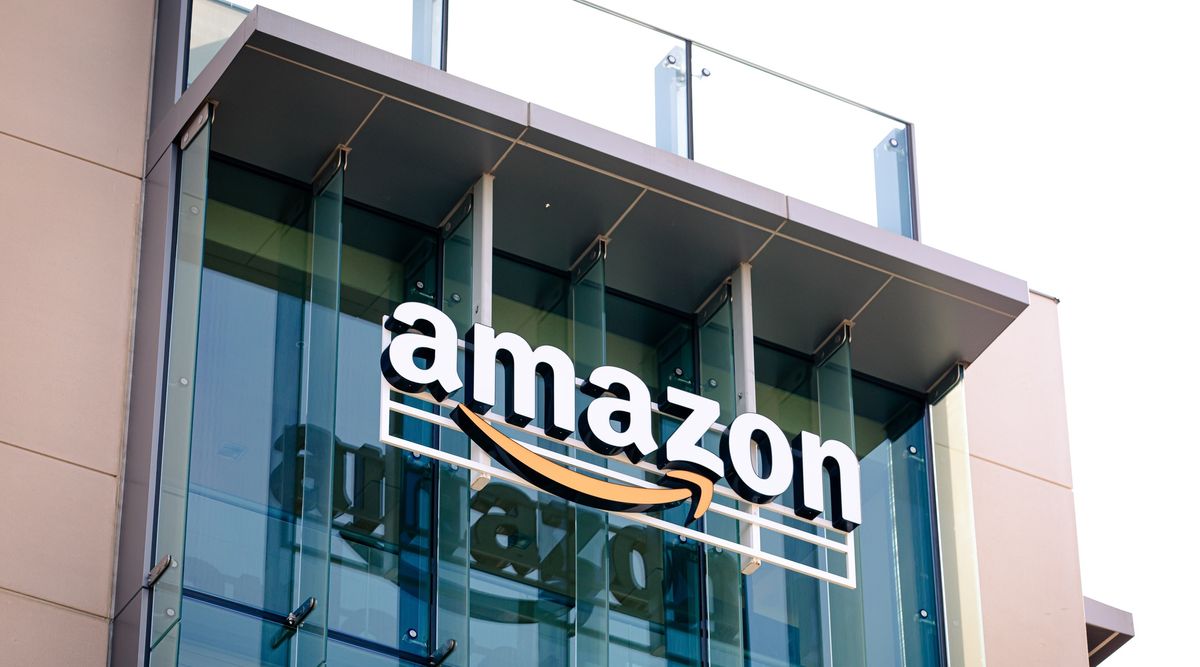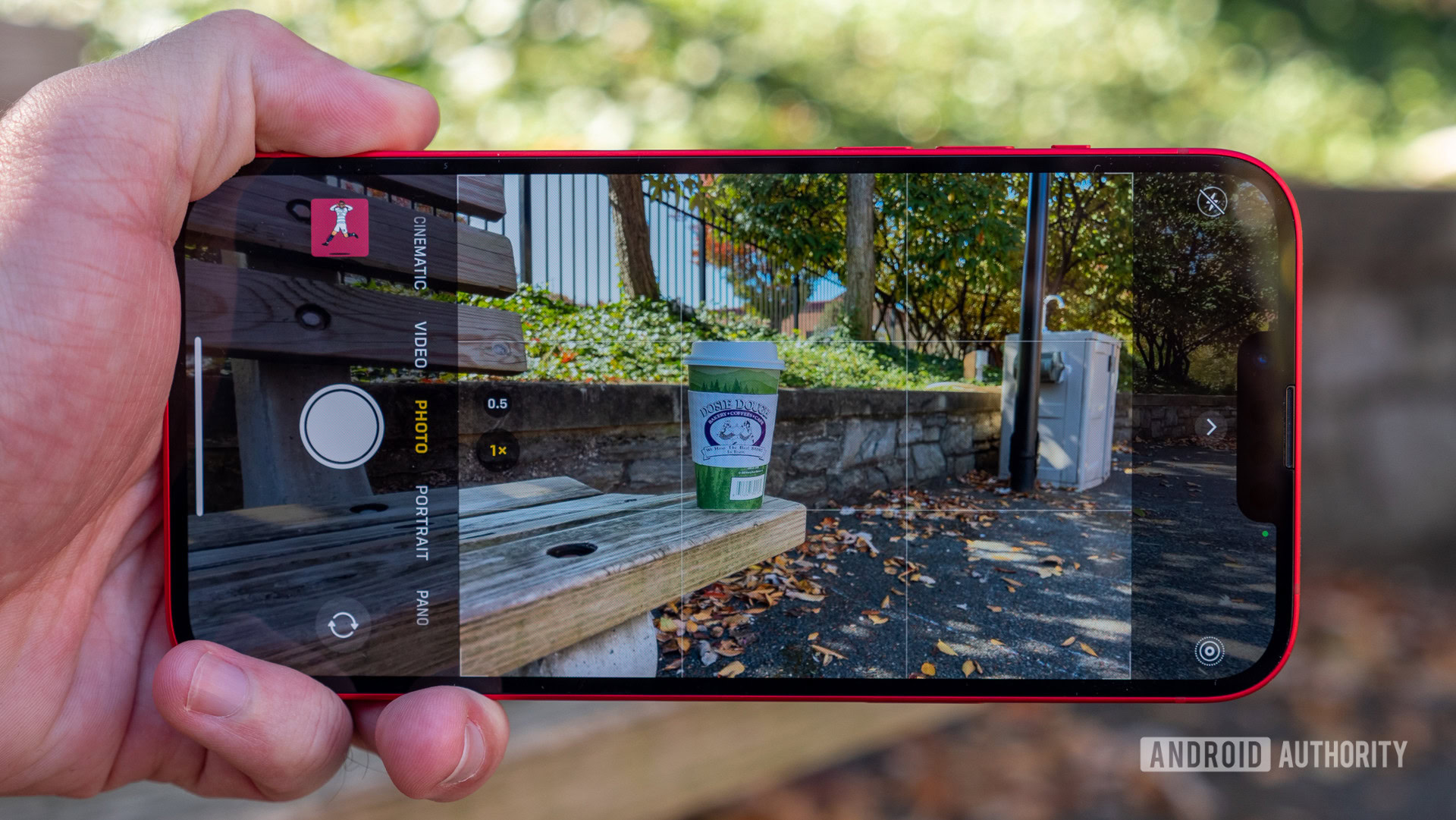As we come out of what could seemingly be called the summer of AI, it’s clear that the forcefully everywhere tech of the future is here to stay. With giants like Apple and Google bringing their own AI models to the fore, we’re also seeing purpose-built AI companies like OpenAI and Perplexity get larger and more integrated in other systems.
And yet, one of the potential foremothers of AI remains struggling to catch up, Amazon’s Alexa.
A new pay-walled report from Bloomberg this week revealed that Amazon is still struggling to figure out how to make an “AI brain” work for Alexa. If you’ve been following the increasingly desperate attempts by Amazon to improve Alexa, much of the reporting by Bloomberg won’t be a surprise.
At the start of summer in June, Fortune released a similar breakdown suggesting that Amazon is miles away from getting Alexa 2.0 out of the door. At the time, Google was announcing massive improvements to its Gemini AI assistant, Apple was gearing up to reveal Siri 2.0 and Apple Intelligence and OpenAI had just announced GPT-4o.
Since then, AI has only gotten more embedded or upgraded. OpenAI just released ChatGPT Search, meant to rival Google Search and Apple is just now rolling out new Apple Intelligence features including ChatGPT integration with Siri. Meanwhile, Google is expected to announce Gemini 2.0 in December.
As introduced by Fortune and reiterated by Bloomberg, the failure to get a “smarter” Alexa off the ground has a myriad of fault points. One source told Bloomberg that Alexa “has more in common with an automated phone tree than AI.”
A new wrinkle from Bloomberg’s reporting is that it sounds like Amazon leadership isn’t providing a clear direction and combined with an outdate system makes it hard to move forward.
According to the report, Alexa was built on a rules-based system that produced formulaic responses, which isn’t the conversational assistant that Amazon seems to ultimately want. Unfortunately, those responses meant that Alexa couldn’t answer off-the-cuff questions or even find sports scores for games that just happened.
Interestingly, since 2023 the Alexa team has improved how Alexa works as Amazon’s CEO Andy Jassy took over and gave the machine learning team some direction. That said, it has lead to a voice assistant the hallucinates, rambles, or went on strange tangents.
Somehow, all of these attempts to make Alexa a better chatbot have made the voice assistant worse at managing smart home requests.
At the time, it was believed Amazon would have something to ship in 2024. And Amazon did announce new generative AI skills for Alexa in January. That timeline slipped to October 2024 and since then into a vague future point in 2025.
Tom’s Guide reached out to Amazon for comment and will update this story if the company sends a response. In June, Amazon spokespeople told Fortune that their information was dated or disputed claims that Amazon couldn’t even access AI from companies it already owned like the Claude LLM. For Bloomberg’s report, it appears that Amazon was not inclined to give a comment.
In the meanwhile, competitors are lapping Amazon in both the chatbot and AI-powered smart home space.
As it appeared in June and now, Alexa is falling behind and it’s not clear Amazon knows how or what they want the original voice assistant to be capable of doing.







